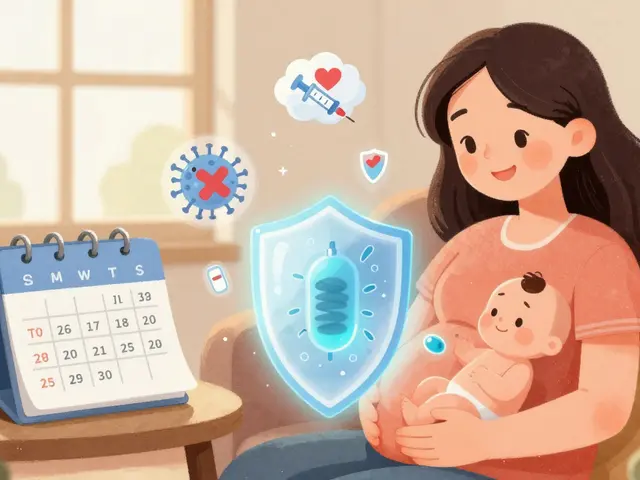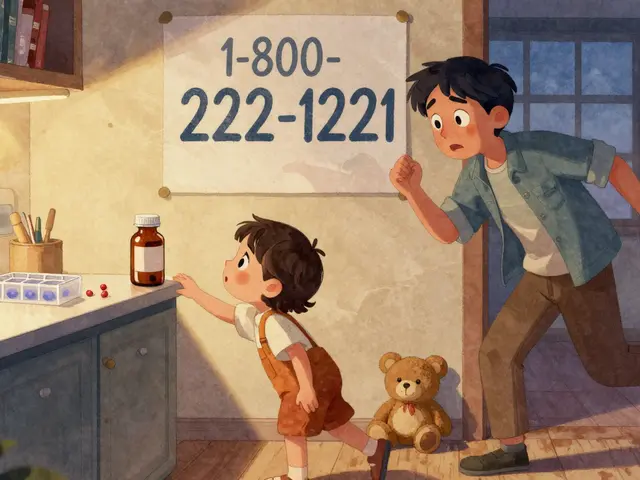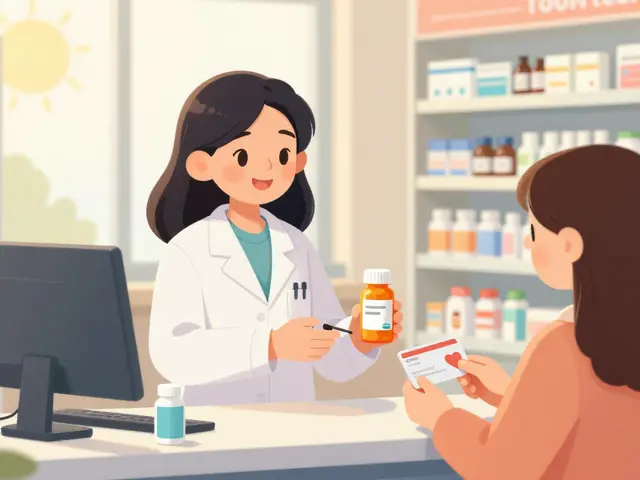Understanding Hirsutism: An Overview
Hirsutism is a medical condition that affects many women, resulting in excessive hair growth on the face, chest, and other areas of the body. This can lead to feelings of embarrassment, self-consciousness, and even depression. In this article, we will explore the importance of support systems for those who suffer from hirsutism, including emotional, psychological, and practical assistance. We will also look at the different types of support available and how they can help improve the lives of hirsutism sufferers.
The Emotional Impact of Hirsutism
Living with hirsutism can be an incredibly isolating experience. The excessive hair growth can cause women to feel self-conscious about their appearance and may lead them to avoid social situations, further contributing to feelings of loneliness and depression. The emotional impact of hirsutism should not be underestimated, and having a strong support system in place is essential to help sufferers cope with these challenges.
Seeking Professional Help
One of the first steps in building a support system for hirsutism sufferers is to seek professional help. This can include visiting a doctor or dermatologist to discuss potential treatment options and receive a proper diagnosis. In addition, mental health professionals such as therapists and counselors can provide valuable emotional support and guidance on coping strategies for dealing with the psychological impact of hirsutism.
Joining Support Groups
Participating in support groups, either in-person or online, can be an invaluable resource for hirsutism sufferers. These groups provide a safe and non-judgmental space for women to share their experiences, offer advice, and provide encouragement to one another. Connecting with others who are going through similar struggles can help reduce feelings of isolation and provide a sense of camaraderie and understanding.
Building a Supportive Network of Friends and Family
Having the support of friends and family can make a significant difference in the lives of hirsutism sufferers. By educating loved ones about the condition and its emotional impact, they can become valuable allies and sources of encouragement. It's important for friends and family members to be understanding, compassionate, and willing to listen when a hirsutism sufferer needs to talk about their feelings or frustrations.
Utilizing Online Resources
There is a wealth of information and resources available online for hirsutism sufferers. From educational websites to forums and social media groups, the internet can be an excellent source of support and guidance. Connecting with others who understand the challenges of living with hirsutism can provide a sense of belonging and help alleviate feelings of isolation.
Exploring Treatment Options
While there is no cure for hirsutism, there are several treatment options available that can help manage the symptoms and improve a person's quality of life. These can include medications, laser hair removal, electrolysis, and more. Having a support system in place can provide encouragement and motivation for hirsutism sufferers to explore these treatment options and find the best solution for their individual needs.
Focusing on Self-Care
Practicing self-care is essential for those living with hirsutism. This can include maintaining a healthy diet, staying active, getting enough sleep, and engaging in activities that promote relaxation and stress reduction. Having a support system in place can provide the encouragement and motivation needed to prioritize self-care, ultimately helping to improve overall well-being.
Building Confidence and Self-Esteem
One of the most significant challenges faced by hirsutism sufferers is the impact the condition can have on their self-esteem and confidence. Developing a strong support system can help women build resilience and learn to embrace their unique beauty. This may involve seeking therapy, participating in self-esteem workshops, or exploring resources that promote body positivity and self-acceptance.
Conclusion: The Power of Support
In conclusion, the importance of support systems for hirsutism sufferers cannot be overstated. By building a network of friends, family, professionals, and fellow sufferers, women can gain the emotional, psychological, and practical assistance needed to navigate the challenges of living with hirsutism. With the right support, those affected by this condition can live fulfilling lives and embrace their unique beauty.







ridar aeen
May 12, 2023 AT 05:13Samuel Wood
May 12, 2023 AT 17:10chantall meyer
May 14, 2023 AT 16:47Lorne Wellington
May 15, 2023 AT 09:45Will RD
May 16, 2023 AT 11:49Jacqueline Anwar
May 17, 2023 AT 02:13Ganesh Kamble
May 18, 2023 AT 20:44Jenni Waugh
May 20, 2023 AT 06:02Theresa Ordonda
May 20, 2023 AT 22:02Judy Schumacher
May 21, 2023 AT 05:41Megan Raines
May 21, 2023 AT 12:21